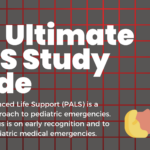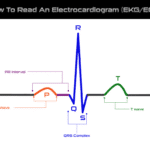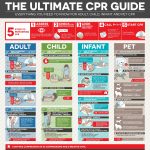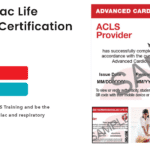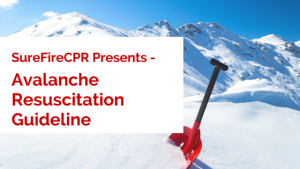“He’s in SHOCK!”
How many times have you heard that announced in motion pictures or on TV programs? It’s a very startling statement and makes for great drama with entertainment. It’s not always an accurate statement, however.
Often times, best intentions are prefaced with the same comment, “She’s going into shock!” when the victim is really far from it. In fact, minor injuries or events such as sprains or anxiety attacks are the venue for these kinds of comments, largely due to bystander inexperience. Fortunately, courses are available to teach how to recognize a victim “in trouble”. These courses include bystander CPR and healthcare professional rescue, such as Advanced Cardiac Life Support or ACLS certification classes.
Medical professionals have designated specific types of shock, treatable by those trained to recognize and intervene when this life-threatening situation occurs. The main classifications of shock include: cardiogenic (associated with heart), neurologic (associated with the nervous system), anaphylactic (as seen with allergic reactions), hypovolemic (associated with low blood volume) and septic (associated with severe infection). Any one of these types of shock requires medical diagnosis and intervention by trained medical professionals.
Symptoms can include dusky or bluish tone to lips or fingertips, dizziness, shallow respirations, confusion, anxiety, rapid or a thready pulse, and even unconsciousness. The call to 9-1-1 emergency assistance is necessary to initiate the rapid interventions provided by paramedics that can save a life.
Shock is not to be taken lightly but fortunately, occurs rarely and generally only in the cases described above. Rapid recognition of shock and the fast reactions of first responders will help to save the life of someone truly in shock.

